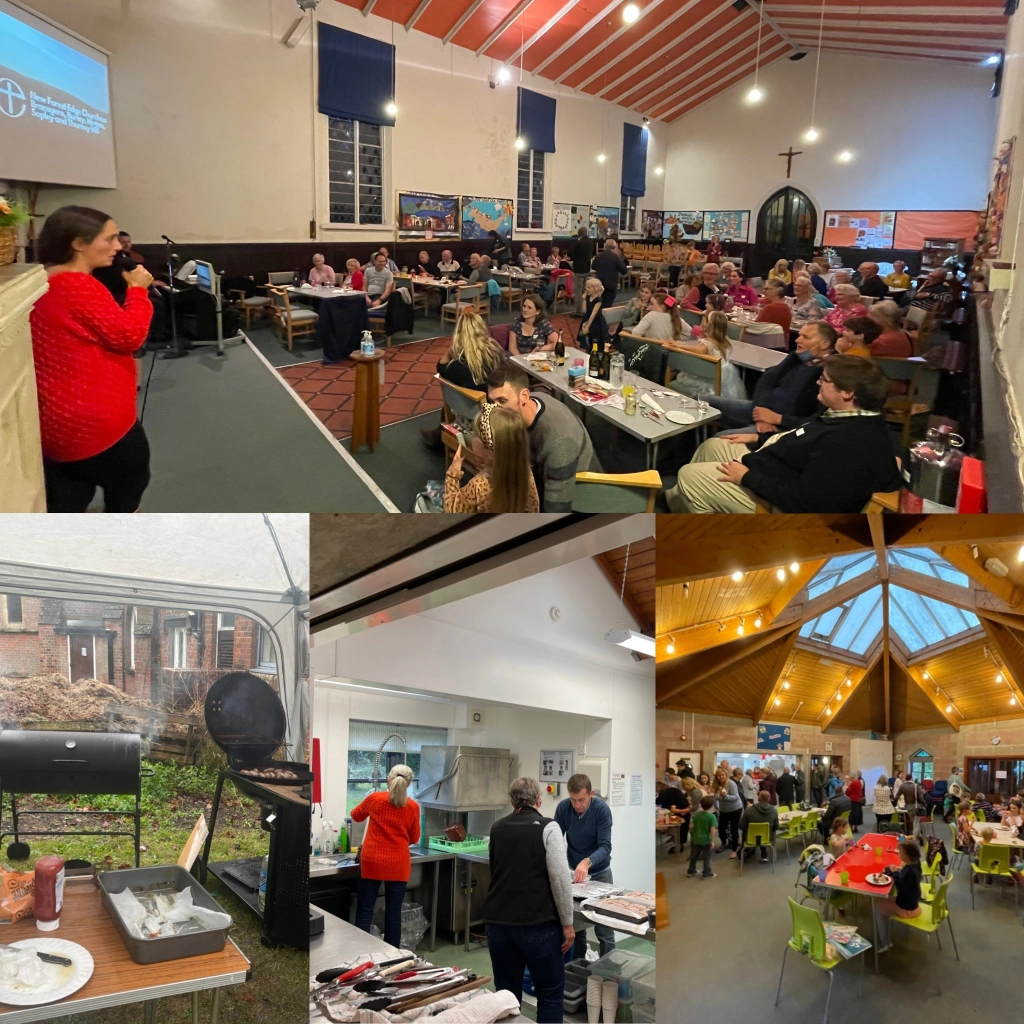An article from the Telegraph.
A controversial plan to charge people to be “crucified” in Manchester City Centre was cancelled by Church of England clergy after concerns that it was blasphemous.
Manchester’s Passion play, which tells the story of Christ’s crucifixion, was set to include a divisive new element which would involve members of the public being hoisted onto a cross in the city’s Cathedral Gardens in return for a £750 donation.
But the plan was cancelled after warnings from senior clergy that the idea was “highly distasteful” and raised health and safety concerns.

The idea was scrapped after it came to the attention of the Reverend Canon Falak Sher, a canon at Manchester Cathedral.
Members said he sent a Whatsapp telling the committee “sorry, it’s been taken off”.
He said: “To put people in Jesus’s place on the cross and charge them £750 to do it is blasphemous.
“The event is to help the homeless, the poor, asylum seekers. It doesn’t look good to be charging people that amount of money to go onto the cross.”
Mr Sher also raised concerns that the event would offend important Church of England guests including the Bishop of Manchester.
The idea originally came from a “Facebook Memories” post which appeared in members’ feeds showing organiser Geoff Millard testing the crosses from the previous year’s Passion Play, which was held in Bolton.

Fundraising volunteers had been looking for ideas to raise the £8,000 still needed for this year’s production and were adding incentives to the crowdfunding page.
“We had just been testing the crosses for weight,” said Mr Millard. “And this was picked up on, and the next day there was a post on the crowdfunding page offering ‘the full crucifixion experience’.”
Mr Millard did not realise that the post had been made until four days later, when it was taken down.
“I think they got carried away. It’s just enthusiasm – people are very excited,” he said.
He said other proposed “rewards” had included sitting next to the Bishop to watch the play and a backstage experience – all of which have now been scrapped.





Please post a comment